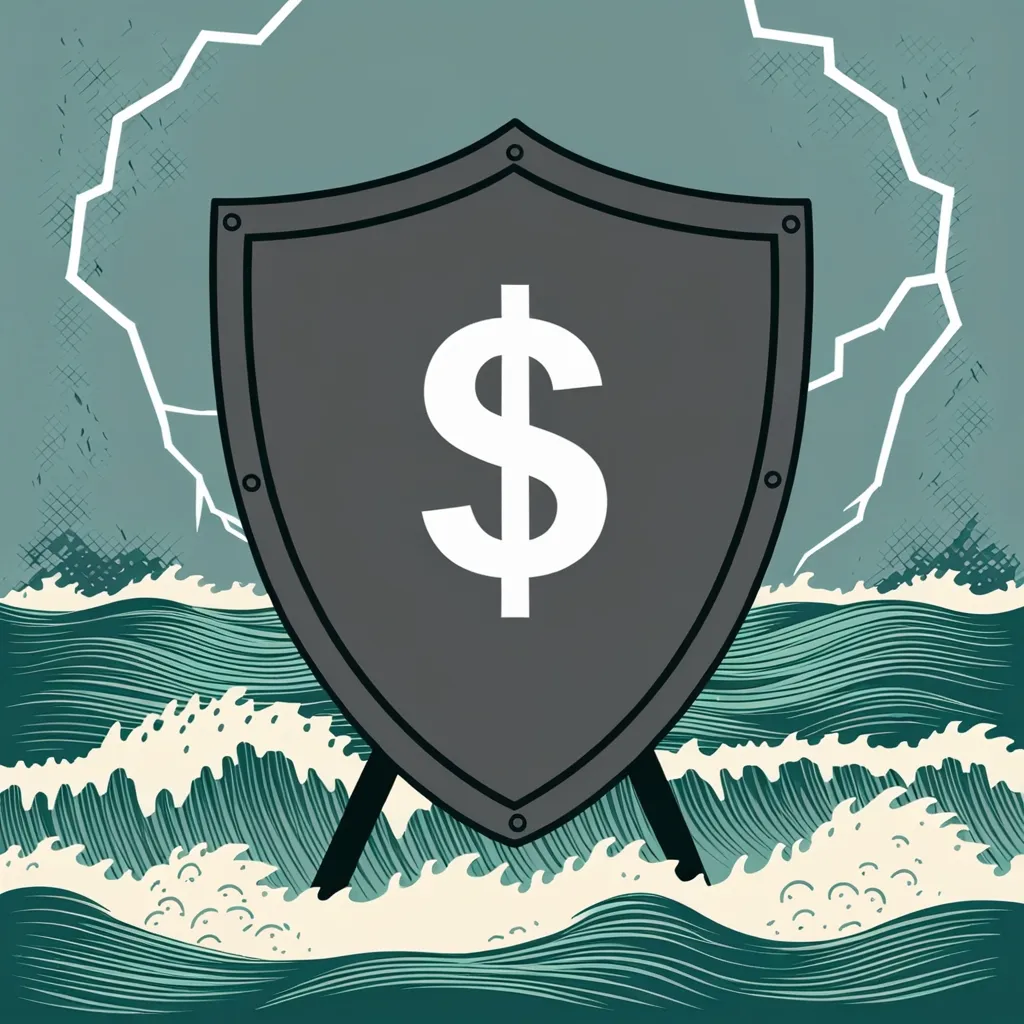Are Bonds Still Worth the Investment? - Exploring Alternatives in a Changing Market
Bonds offer stability, consistent returns, and portfolio diversification. With high yields due to Fed rate hikes, they're outperforming cash and offsetting stock market volatility. Ideal for retirement planning and long-term financial security.
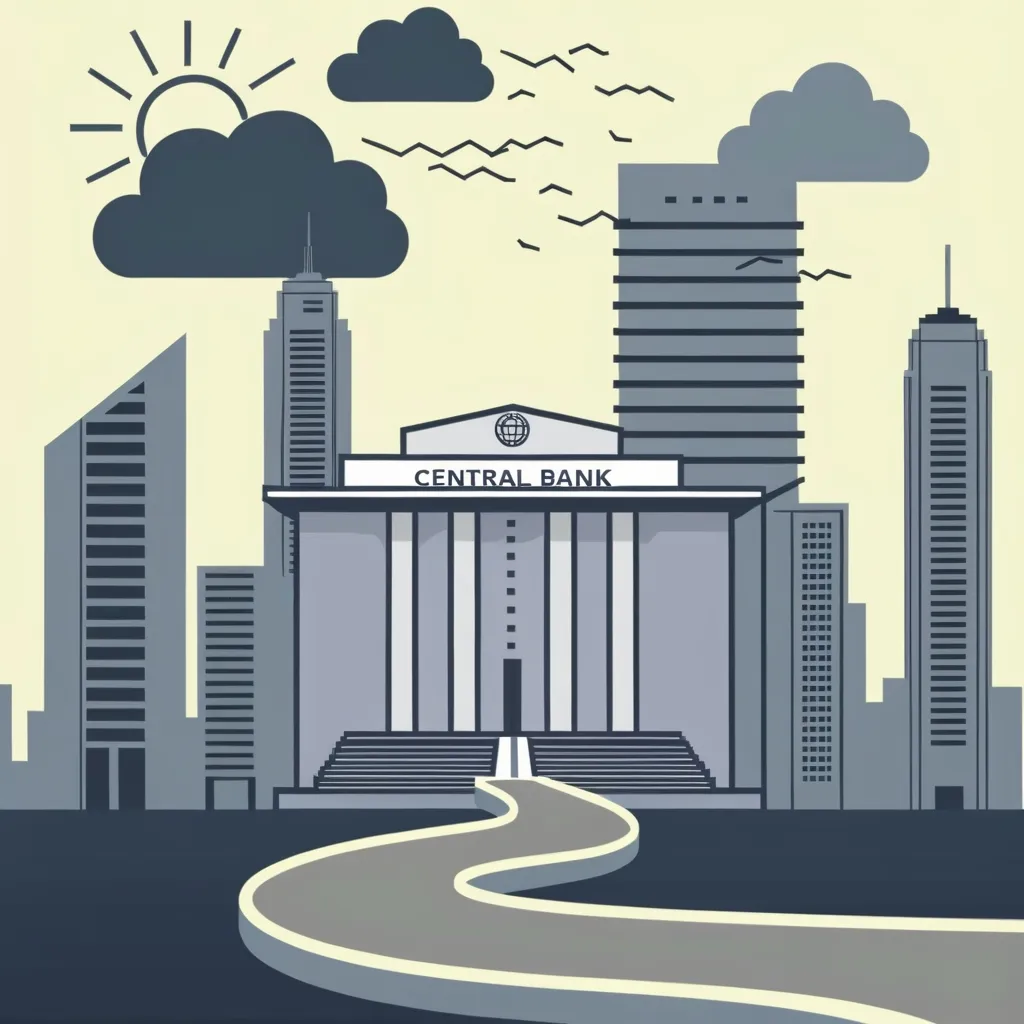
Why Central Banks are Rethinking Inflation Targets - How outdated strategies are being overhauled.
Central banks face inflation challenges in a changed world. Old 2% target may not suit current economic landscape. Flexible approaches and communication are key. These shifts impact everyday financial decisions for consumers and investors.

How Technological Innovations Are Redefining Economic Policies - The new rules of the game.
Innovation drives economic growth, reshaping industries and jobs. Tech advances transform retail, transportation, healthcare, and work. Governments must foster innovation while balancing risks. Agility and adaptability are key in this fast-paced, data-driven economy.

Can Universal Basic Income Solve Unemployment Issues? - A closer look at the potential economic impacts.
Universal Basic Income provides financial security, potentially reducing poverty and boosting economies. It recognizes unpaid work, improves mental health, and offers freedom to pursue passions. Implementation challenges exist, but it's a promising solution for economic uncertainty.
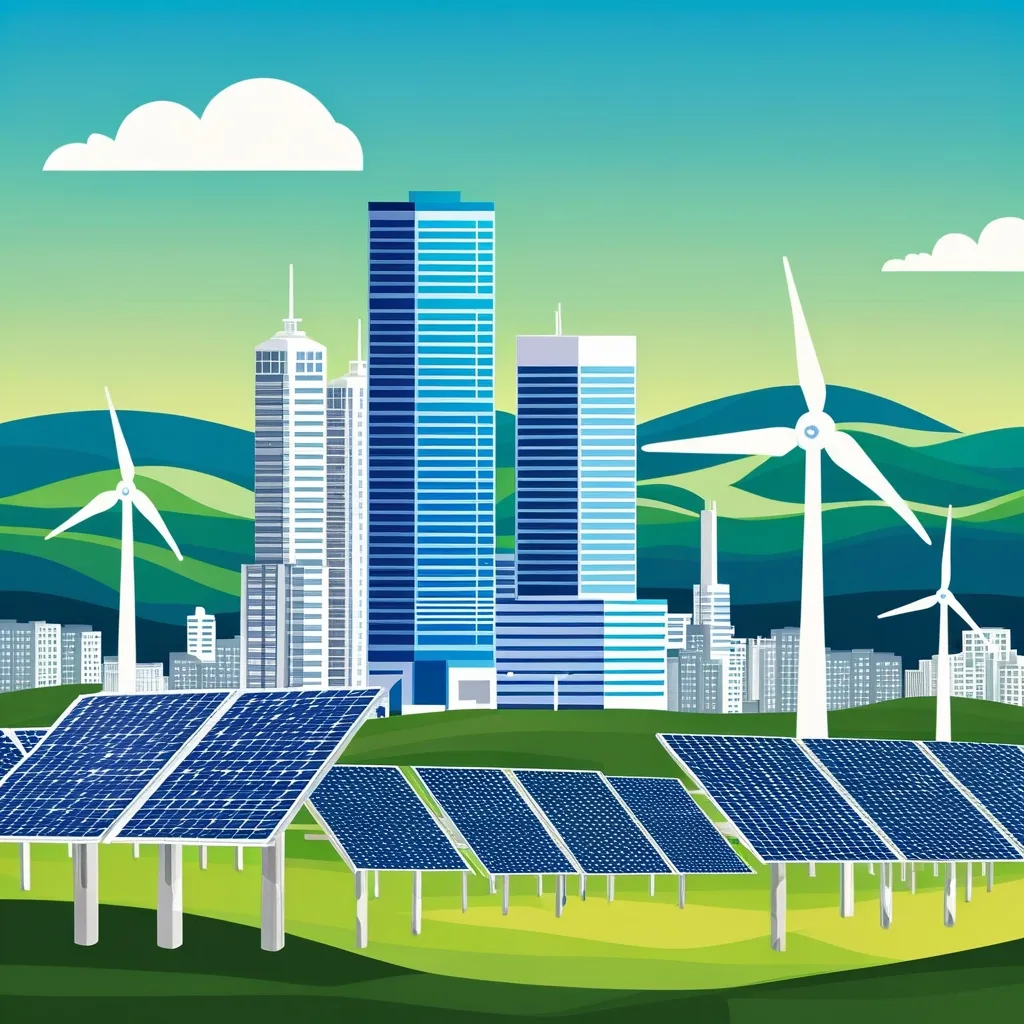
Could Renewable Energy Be the Key to Sustainable Economic Growth? - Exploring the economics of the green transition.
Renewable energy drives economic growth through job creation, GDP boost, innovation, and energy security. It offers local and global benefits, reshaping economies while addressing climate change.
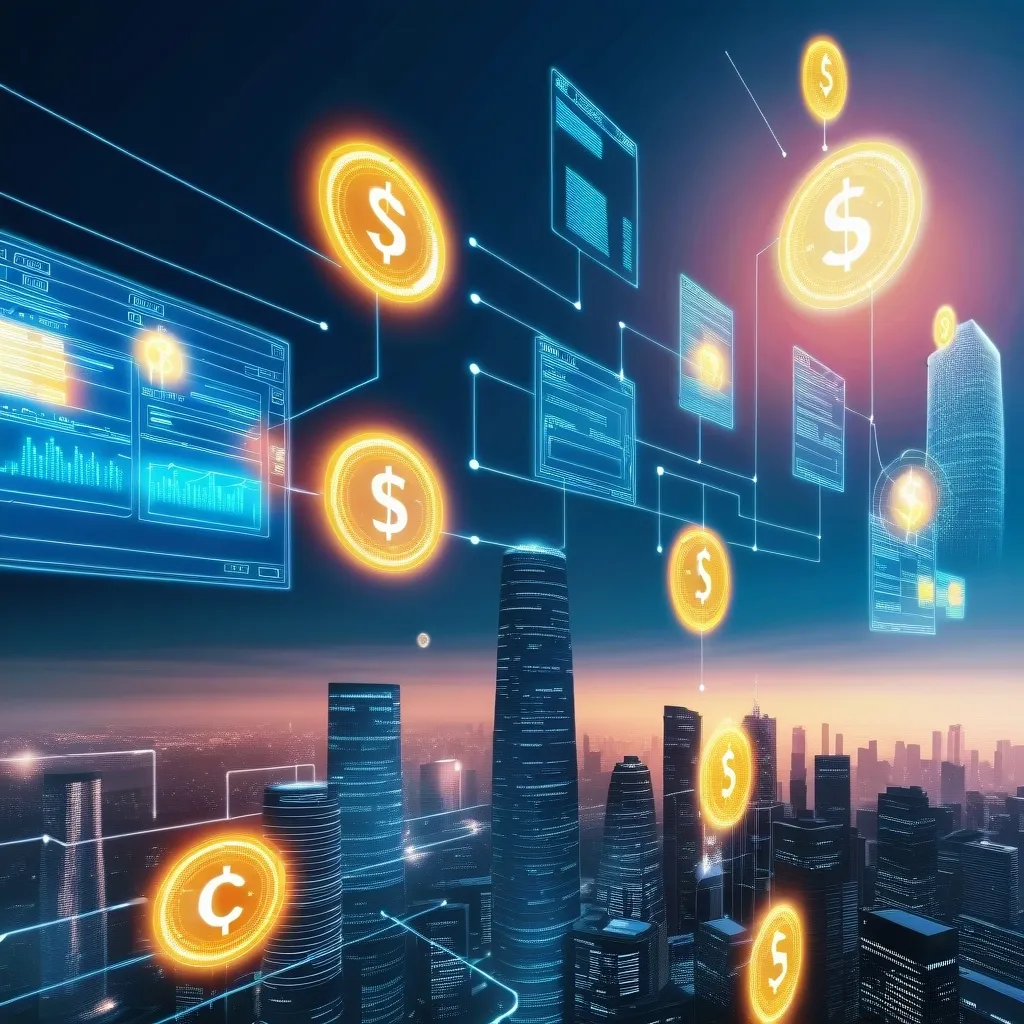
How Fintech Is Breaking Traditional Banking - And Why You Should Care
Fintech revolutionizes banking with mobile apps, AI, and blockchain. It offers convenience, personalization, and financial inclusion. Traditional banks struggle to adapt, while fintech startups focus on user-friendly solutions, reshaping how we manage money.
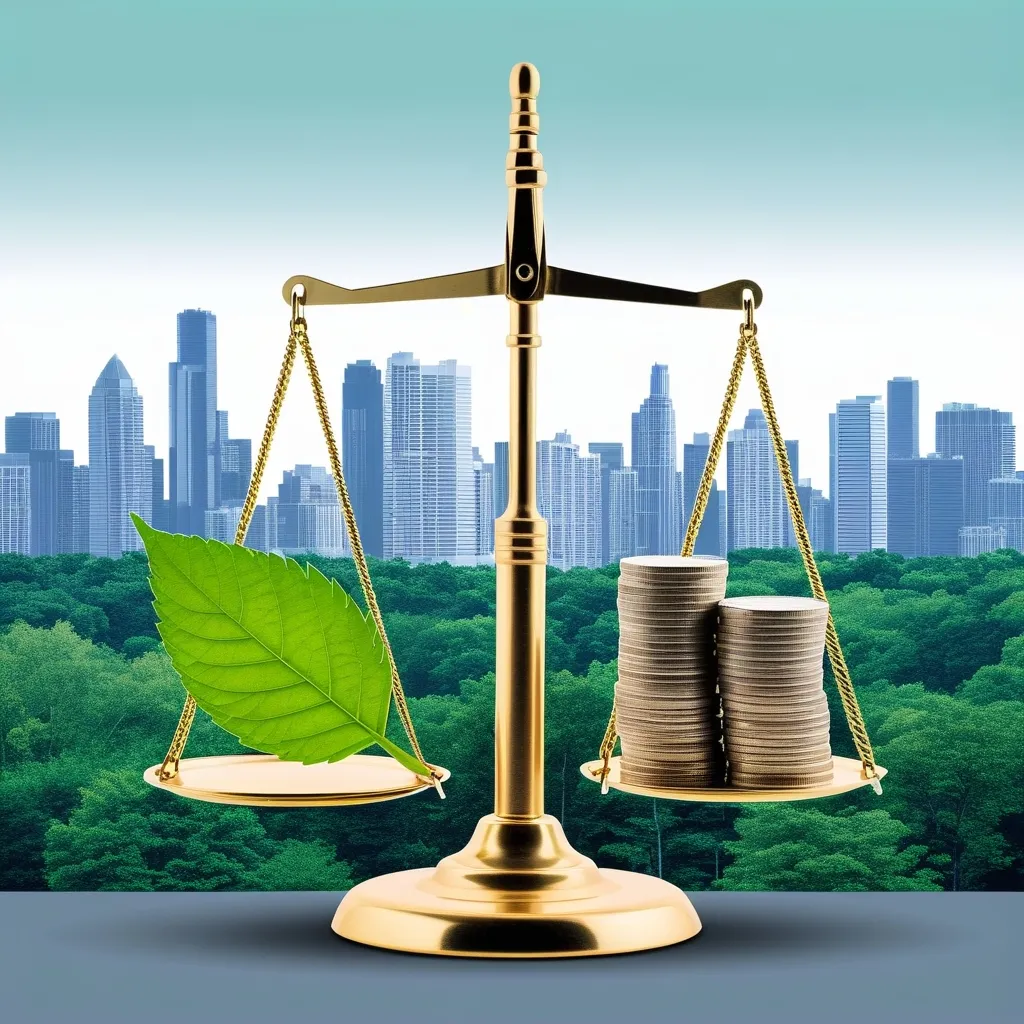
Can Economic Growth Be Decoupled from Environmental Impact? - A debate on sustainable development.
Economic growth and environmental sustainability can coexist through green growth strategies. Smart policies, technological innovation, and sustainable practices can promote economic progress while protecting the planet for future generations.
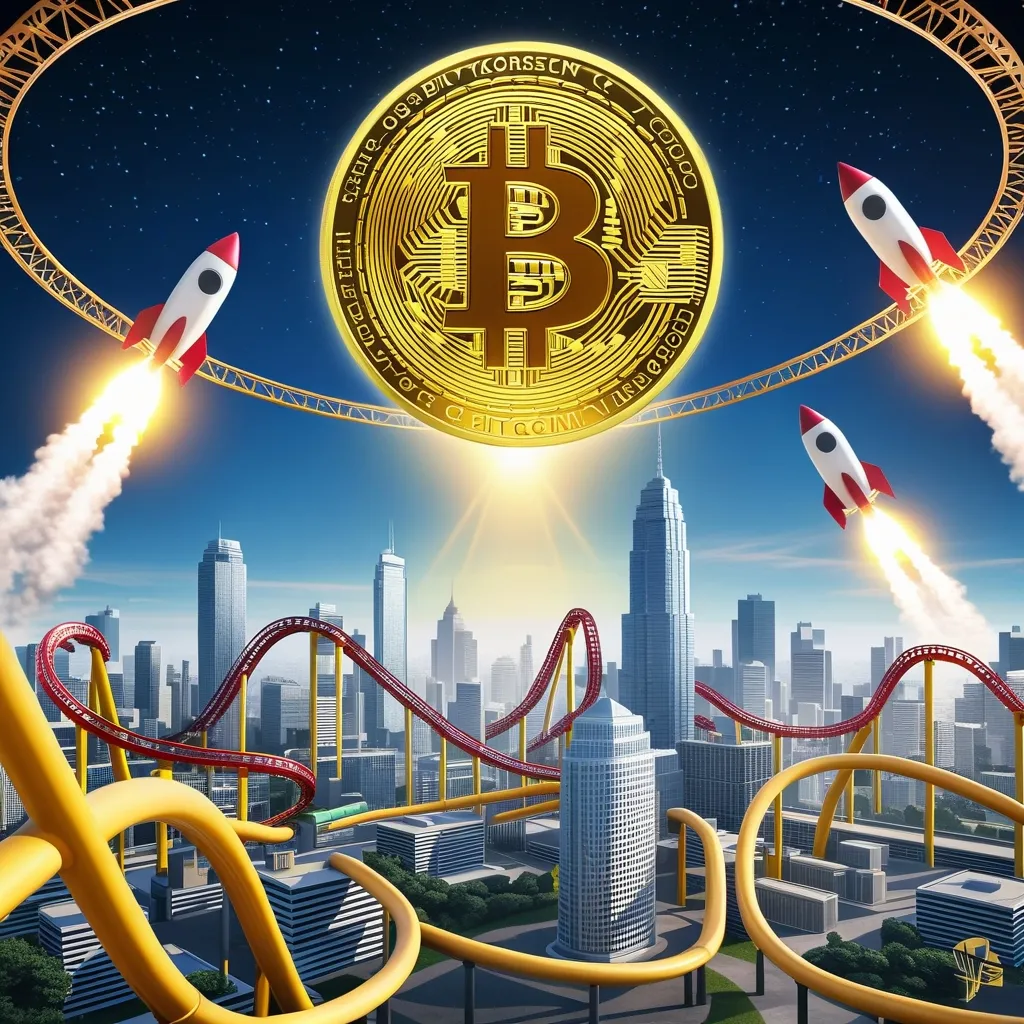
What’s Next for Bitcoin? - Expert Predictions for the Future of Cryptocurrency
Bitcoin's future: volatile yet promising. Predictions range from $200,000 to millions per coin. ETFs and institutional investment drive growth. Scarcity and potential regulations could boost value. Exciting but risky investment.
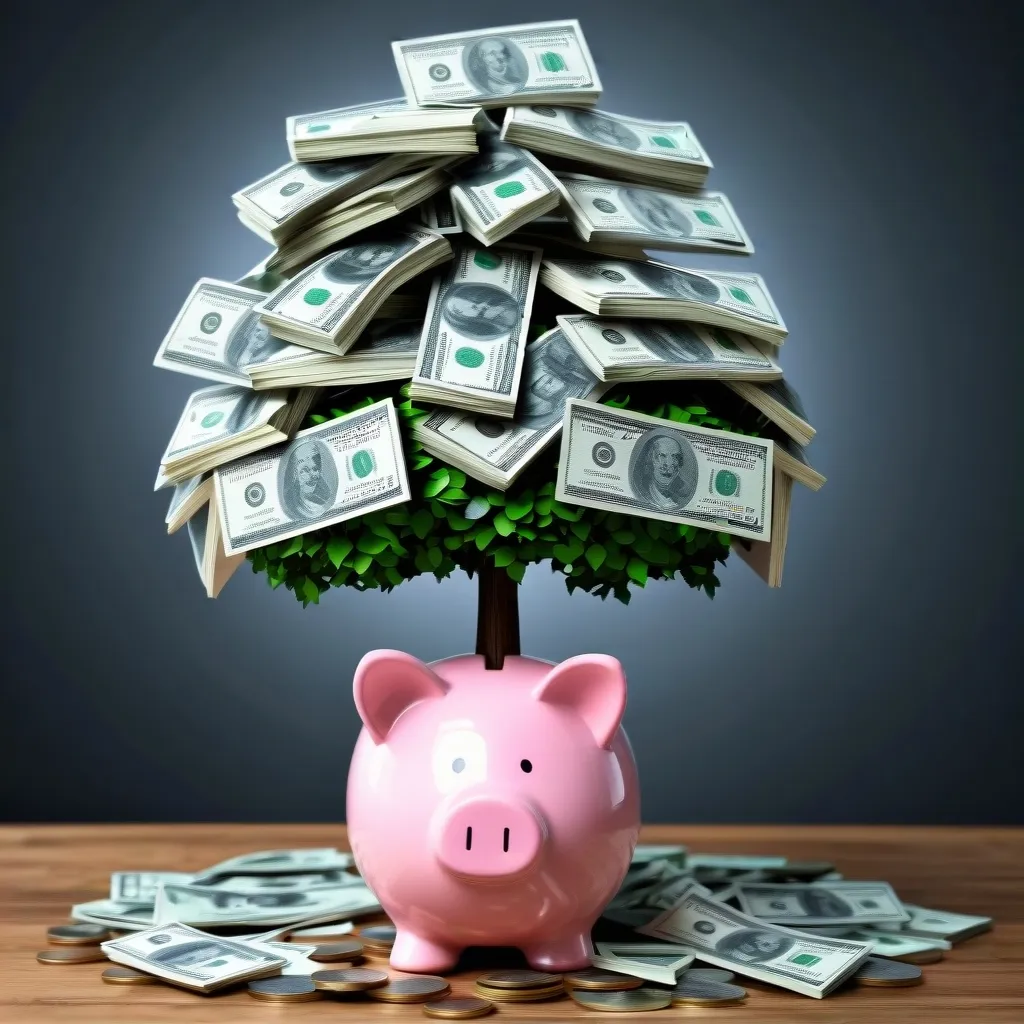
10 Simple Money Hacks You Won’t Believe Can Save You Thousands!
Track spending, automate savings, meal plan, use cash-back apps, cancel unused subscriptions, shop smart with coupons, avoid impulse buys, negotiate bills, try zero-dollar days, and start early for compound interest benefits.

Billionaire Mindset: How to Build Wealth Without Working Hard!
Building wealth requires a mindset shift. Focus on reality, smart work, continuous learning, and long-term strategies. Develop good financial habits, create multiple income streams, and stay humble. Embrace opportunities and manage money wisely.

The Economic Implications of Population Decline in Advanced Economies - A looming crisis for growth?
Population decline in advanced economies reshapes labor markets, consumer trends, and social structures. Aging populations strain public services, while automation and AI fill workforce gaps. Opportunities emerge amid challenges.
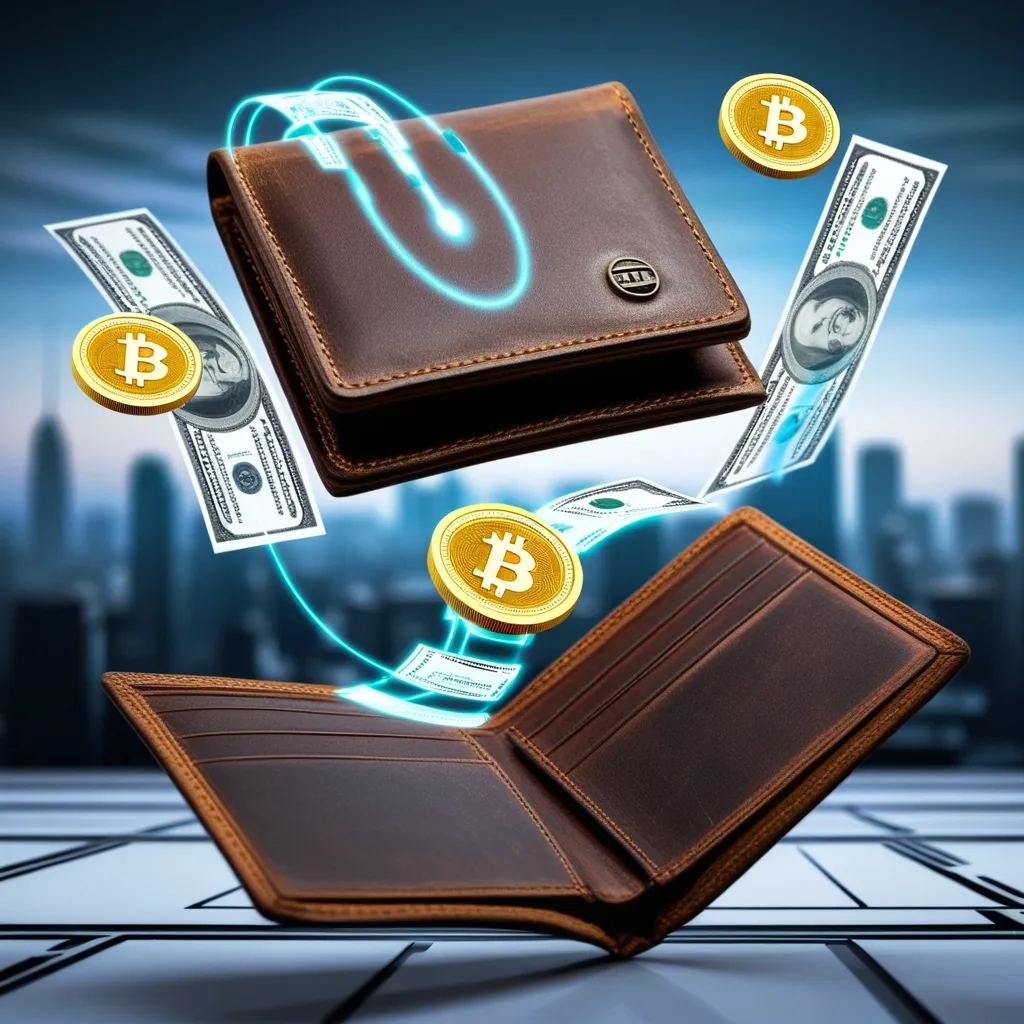
Why Cash Is No Longer King - The Shift to a Cashless Society and What It Means for You
Digital payments are rising, offering convenience but raising privacy and security concerns. Cash remains vital for accessibility and emergencies. The future of money requires balancing innovation with inclusivity and fairness.
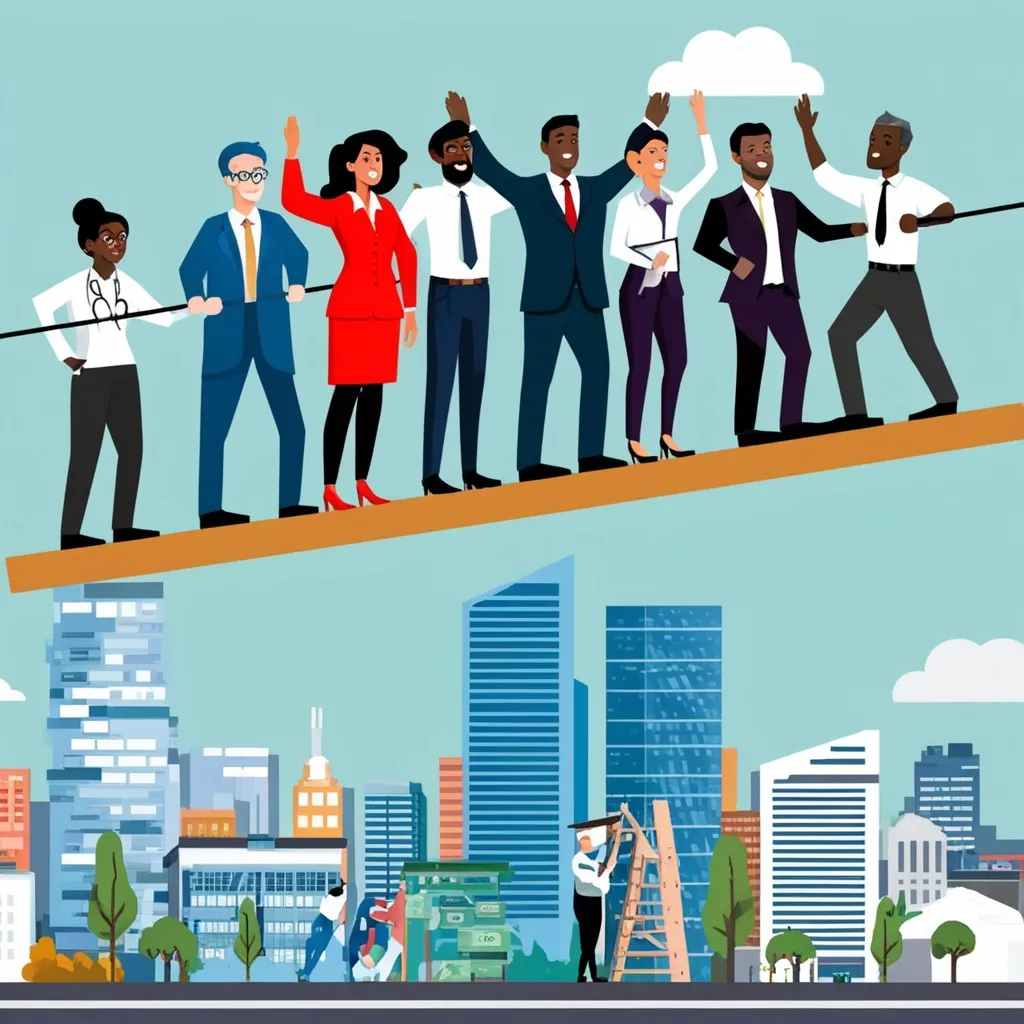
The Unseen Impact of Demographic Shifts on Global Economies - How changing populations are reshaping economic landscapes.
Aging populations reshape economies globally. Fewer workers support more retirees, straining social systems. Productivity must increase. Immigration impacts workforce skills. Some countries benefit from demographic dividend. Resource scarcity may worsen despite population peaks. Governments face funding challenges.
